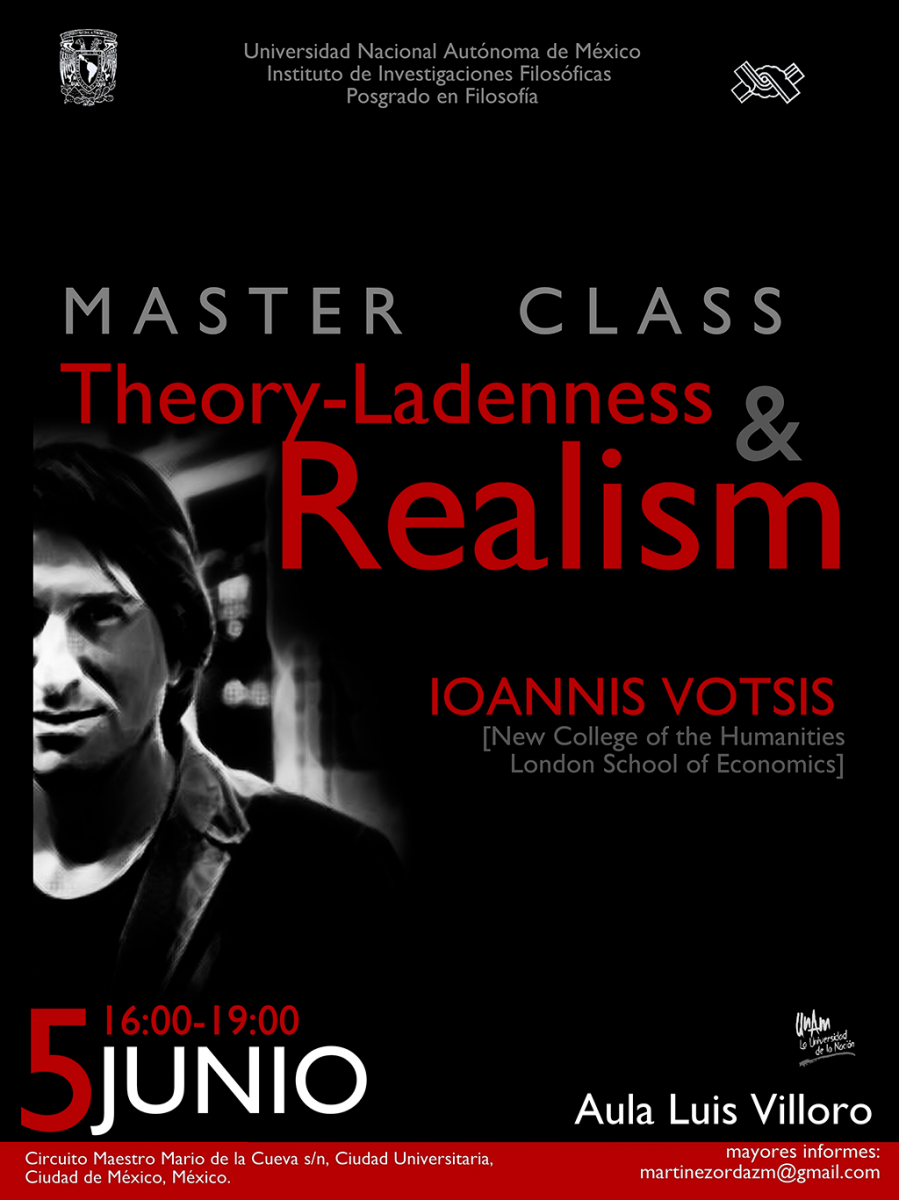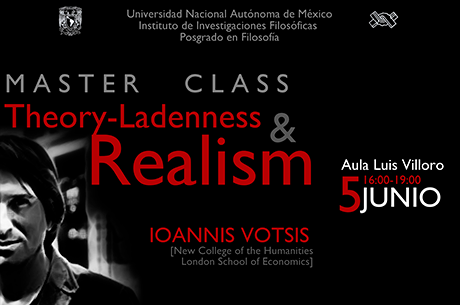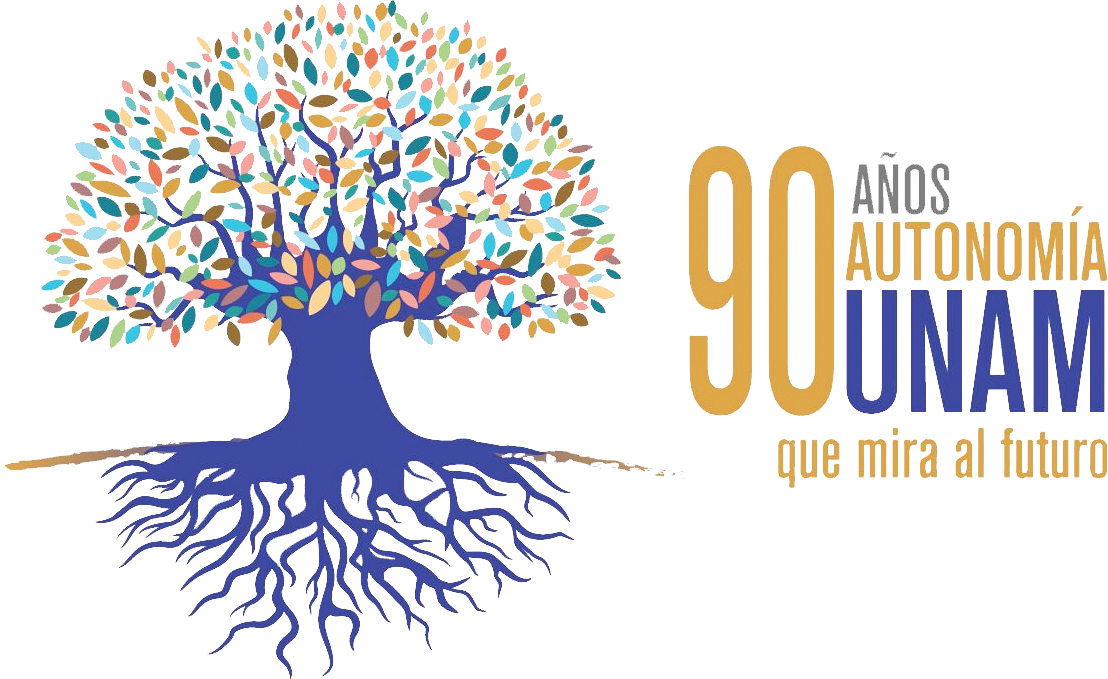Theory-Ladenness and Realism

Ioannis Votsis (NCH and LSE) Ioannis.votsis@nchlondon.ac.uk / i .votsis@lse.ac.uk / www.votsis.org Observation reports are used throughout science to test theories (plus auxiliaries). But for tests to carry real weight, the observation reports must be veridical. That is, they must truthfully represent certain things about the world. Otherwise put, if we were to accept that such reports need not be veridical, the epistemic weight of carrying out tests would be severely weakened and potentially eradicated. When faced with two rival theories, we could not justifiably assert, with any degree of definitiveness, that one is better supported than the other. There are those who deny that observation reports need to be veridical. One major motivation for this approach is the thesis – strictly speaking, we should say ‘theses’ as there are several versions of this claim – that observation reports (as well as observational judgments and perceptions) are theory-laden. In this masterclass, we explore what can be said both in favour and against such theses. We look at putative examples from the history of science as well as from psychological experiments. Particular attention is paid to the crucial question whether the theory-ladenness theses can themselves be subjected to some sort of test. Since the veridicality of observation reports is presupposed by realist views – and sometimes even by anti-realist views, e.g. constructive empiricism – we also devote some time mulling over the consequences for these views in case specific versions of the theory-ladenness thesis are vindicated.
Readings: Votsis, I. (2011) ‘The Prospective Stance in Realism’, Philosophy of Science, vol. 78(5): 1223-1234. Votsis, I. (2018) ‘Theory-Ladenness: Testing the Untestable’, Synthese. https://doi.org/10.1007/s11229-018-01992-y
Plan: |
  |
Aviso de privacidad



 Circuito Maestro Mario de la Cueva s/n, Ciudad Universitaria, C.P. 04510, Coyoacán México, CDMX
Circuito Maestro Mario de la Cueva s/n, Ciudad Universitaria, C.P. 04510, Coyoacán México, CDMX